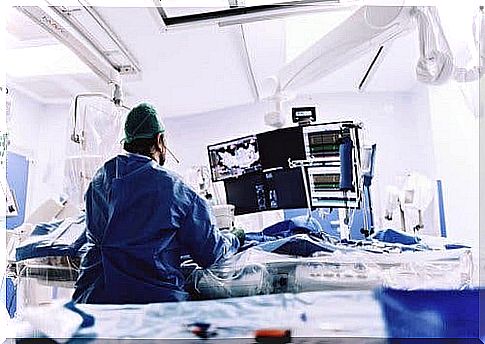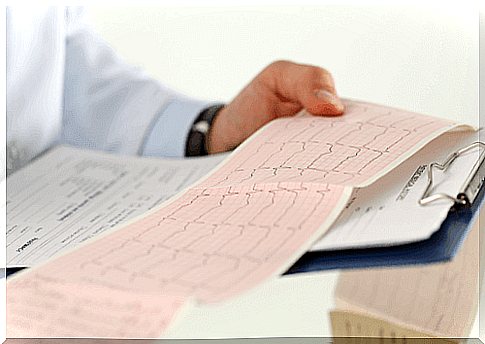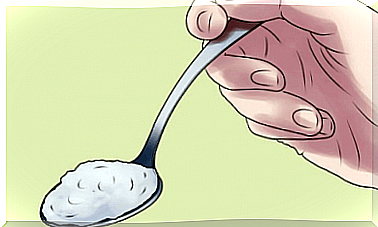Heart Arrhythmias – What Do You Not Know About Them?

Heart arrhythmias affect many people. For this reason, in the past, we have covered this topic many times in our blog “Krok to health”. However, there are some aspects of cardiac arrhythmias that you may not know about yet.
As pointed out by Spanish Heart Foundation (orig. Fundación Española del Corazón ), cardiac arrhythmias is simply a change in the rhythm of the heartbeat. If your heart beats too fast, too slowly, or has an irregular heartbeat, these are signs that alert you to their presence.
We’ll explain some aspects of arrhythmia to keep in mind in a moment. This is an important issue as this condition affects more than 50% of the population.
Heart arrhythmias – everything you need to know about them
Yes, it is true that cardiac arrhythmias are quite common. But today you will discover new things and delve into some data that may really surprise you!
Electrophysiology: An Effective Study
This technique helps determine the heart’s electrical activity and contractility. Electrophysiology (colloquially referred to as EPS) is a test that doctors ask to diagnose people with abnormal heart rhythms. It allows them to determine the type of arrhythmia the patient suffers from, its severity, the exact area in which it occurs and what disorders it causes.

This test is very important as it allows doctors to tailor treatment to avoid wasting time trying options that will not improve a patient’s health problem. It is a technique that is now very successful and produces great results.
The risk of sudden death from cardiac arrhythmias is quite high
In most cases, sudden death is caused by an abnormal heart rhythm. In particular, VF rhythm abnormalities and ventricular tachycardia.
These types of arrhythmias are often referred to as “malignant” due to the high risk of sudden cardiac arrest. In this case, treatment with ventricular defibrillation should be started as soon as possible.
Not all cardiac arrhythmias are equally dangerous
Although many people experience severe cardiac arrhythmias, in many cases regular monitoring and appropriate treatment can be used to adequately control them.
Despite the fact that some types of cardiac arrhythmias pose a risk of sudden death, this does not mean that all cases are equally dangerous. This is why electrophysiology is so important. With the help of this test, doctors can know the severity of a particular case of arrhythmia that the patient suffers from. The most common cases include:
- Premature heartbeat. It is a delayed start, ahead of the patient’s heart rate. Usually this is not a serious health problem. Nevertheless, it requires a medical check-up. It is usually treated with diet and lifestyle changes.
- Sinus bradycardia. Heart rate slows down, is irregular, and may even stop at times. In some cases, this situation may not require any treatment. However, if the patient’s condition worsens, they may need to use a pacemaker.
- Ventricular fibrillation. This is the type of heart disease we mentioned above. This can endanger the patient’s life, causing sudden cardiac arrest which can lead to death.
There are also many other types of arrhythmias, such as heart blocks or paroxysmal supraventricular tachycardia. It is important to realize that they are not as serious and do not require treatment. In fact, in some cases, monitoring and control are more than enough to diagnose and control the problem.
The treatments available are really diverse
As not all heart rhythm problems are equally serious, so is the treatment. As mentioned above, in some cases the only treatment is adequate observation and control.
Nevertheless, other patients may need to give up harmful habits such as smoking or drinking alcohol regularly. And also improve your diet.
However, it is true that cardiac arrhythmias often require treatment with medications. But not all cases are the same. It will all depend on the individual patient, the type of arrhythmia they suffer from and their severity.

In addition, there is a method known as “radiofrequency ablation”, which is usually followed by electrophysiological examination.
The goal of this treatment is to eliminate the arrhythmia by inducing a minor and controlled burn that destroys the heart tissue causing the arrhythmia. Currently, specialists judge that it gives really excellent results.
Do you know all these facts about cardiac arrhythmias? You may have heard of some of them, but didn’t know much about them? While we’ve covered this topic on several occasions, you can always delve a bit more into it to learn more.
Also, remember that scientists are still researching new treatments for this condition. Therefore, while we have mentioned a few treatments, some new treatments may appear in the future. Of course, we will also present them to you, like all the others so far!









